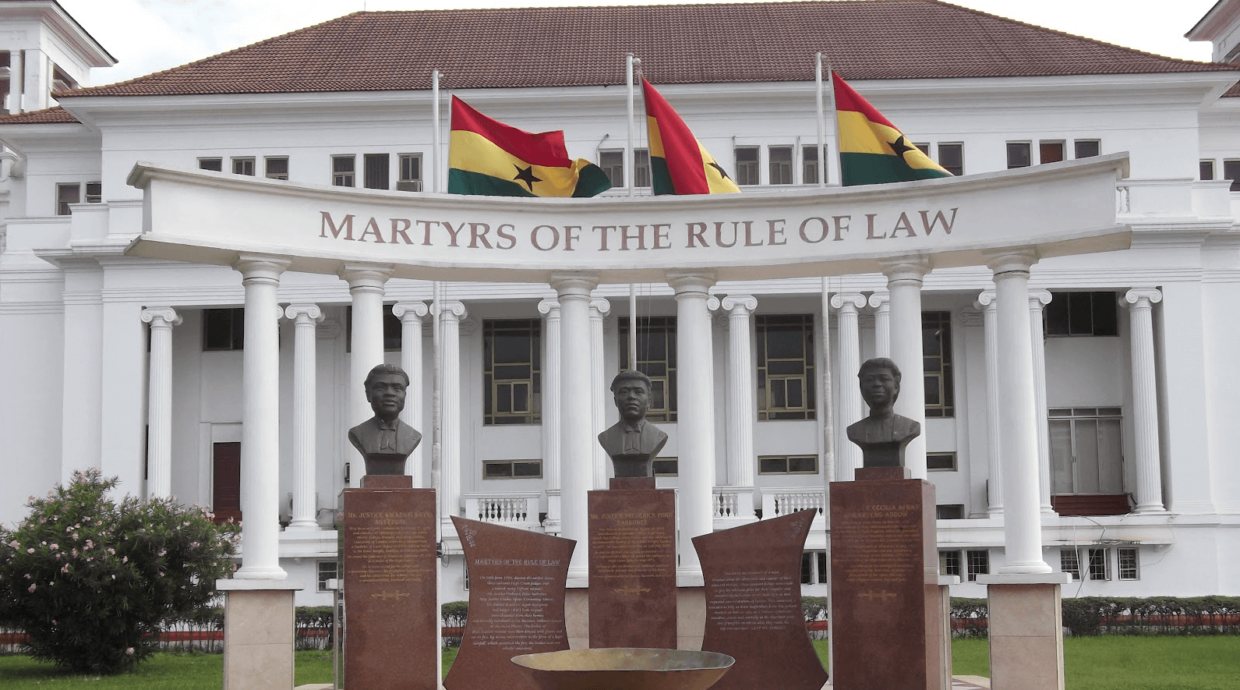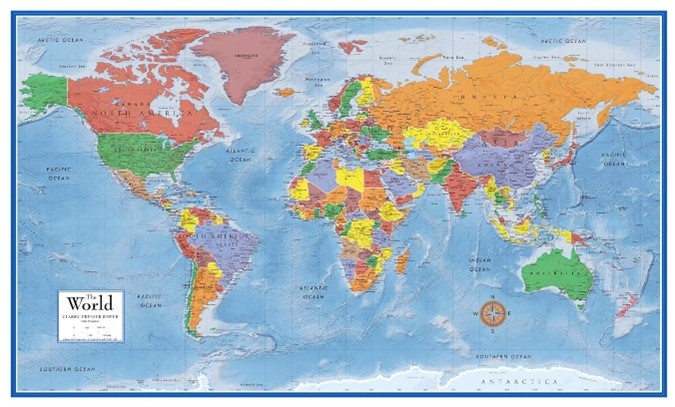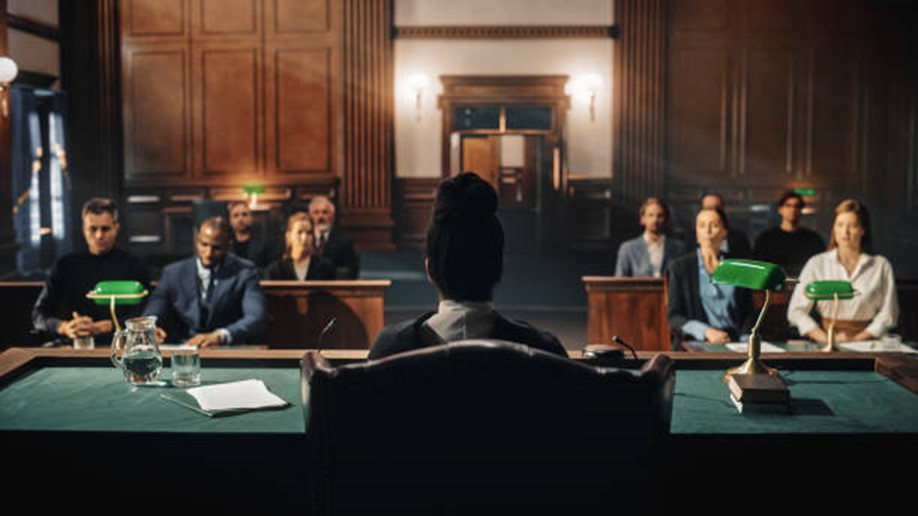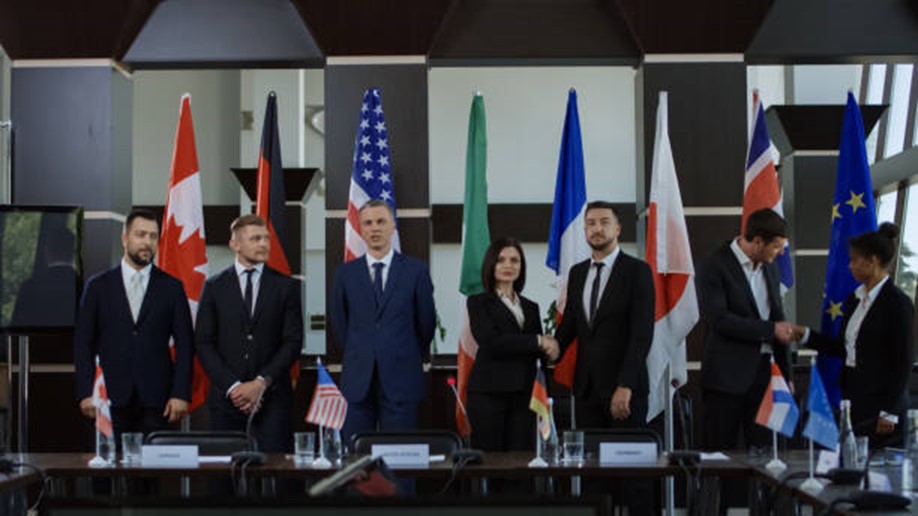The recent detention of Bernard Antwi Boasiako, widely known as Chairman Wontumi by the Economic and Organised Crime Office (EOCO) has sparked considerable public reaction, not least from political circles. Most striking, however, was the assertion by a sitting Member of Parliament that Wontumi, described as a “high-profile citizen,” should not have been treated in
The World Trade Organization (WTO) is an international body that regulates and facilitates global trade between nations. It emerged from the GATT (General Agreement on Tariffs and Trade) in 1995 and now functions as the primary global platform for trade negotiations, trade policy monitoring, and dispute resolution. The governance structure of the WTO system comprises
The term “Resource Curse” refers to the paradox where countries rich in natural resources—such as oil, gas, and minerals—often experience slower economic growth, weaker governance, and poorer societal outcomes compared to resource-poor nations. First introduced by economists, this phenomenon reveals that resource wealth can hinder long-term economic and institutional development. Key observations include: Historical Evidence:
Contextual Overview The 1992 Constitution of Ghana establishes a framework for governance rooted in the separation of powers. Article 88(1) designates the Attorney General as the legal advisor to the government and the office responsible for public prosecutions. Additionally, the Attorney General serves as the Minister of Justice, tasked with overseeing the administration of justice.
Traditionally, dispute resolution in international law relied on methods like negotiation, inquiry, conciliation, mediation, arbitration, and judicial settlement. The Permanent Court of International Justice (PCIJ) and the International Court of Justice (ICJ) have adjudicated numerous cases involving maritime issues, contributing to the development of international legal norms. Landmark cases include the Alabama Arbitration (1872), the
Ghana, a nation renowned for its stability and rich cultural heritage, is governed by a robust legal system grounded in its Constitution, statutory laws, and traditional customs. For individuals and businesses engaging with Ghana’s legal framework, understanding its core elements is essential. The Ghanaian Constitution: A Cornerstone of Governance At the heart of Ghana’s legal
Search
Recent Posts
-
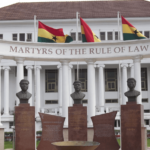
Do Politicians in Ghana Truly Understand the Principle of the Rule of Law?
The recent detention of Bernard Antwi Boasiako,... -
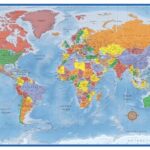
Governance and Dispute Settlement in the WTO
The World Trade Organization (WTO) is an intern... -
BUSINESS OPPORTUNITIES IN GHANA
Ghana’s wealth of resources, democratic politic... -
INVESTMENT OPPORTUNITIES IN NORTHERN GHANA
... -

The Resource Curse Paradox – Oil & Gas
The term “Resource Curse” refers to...

